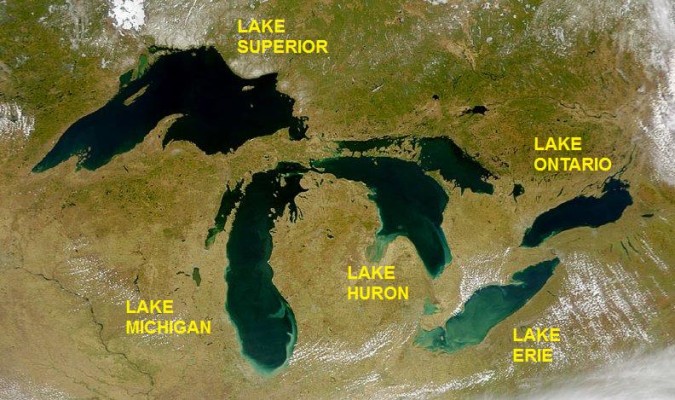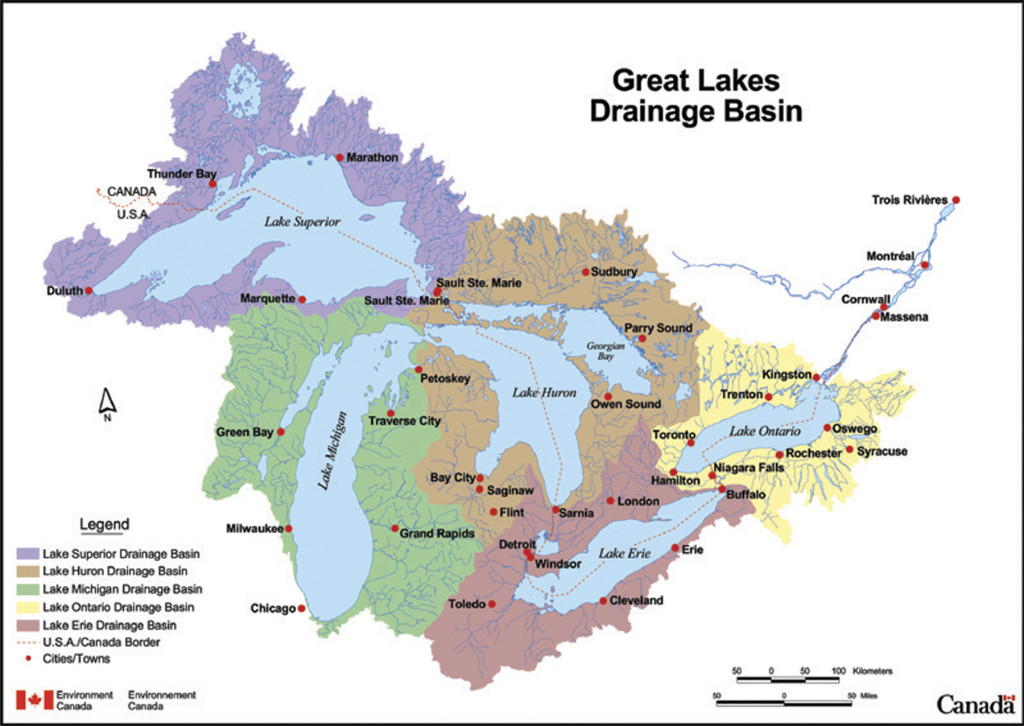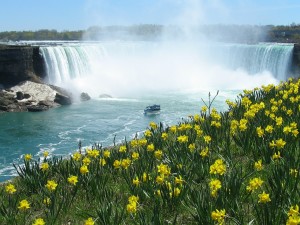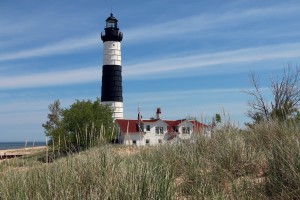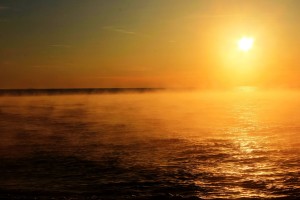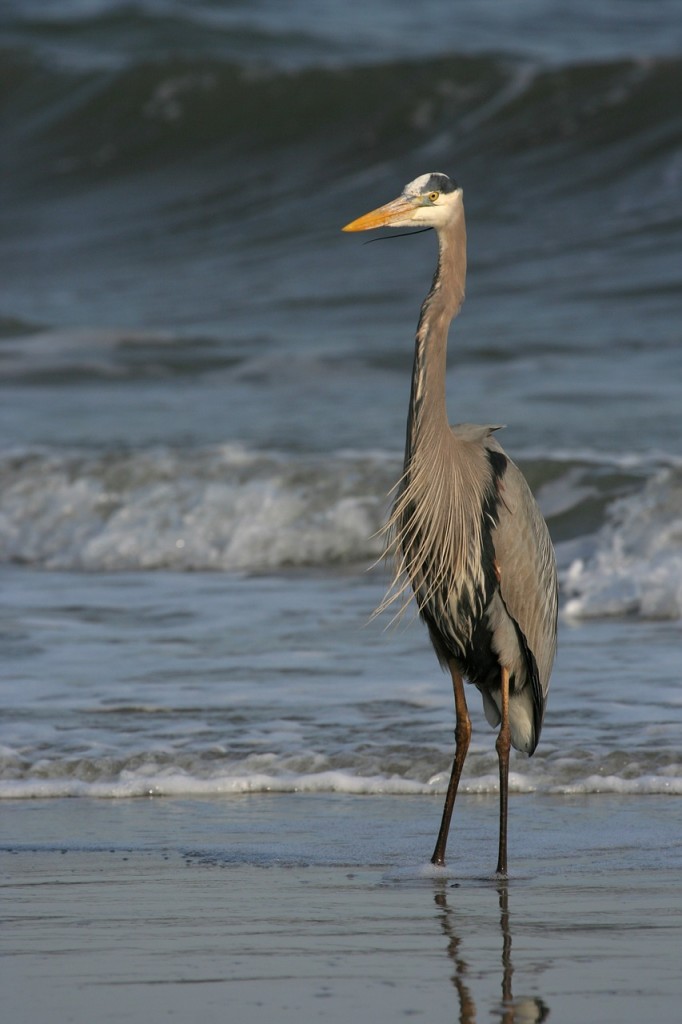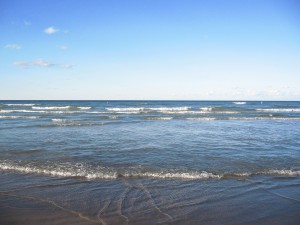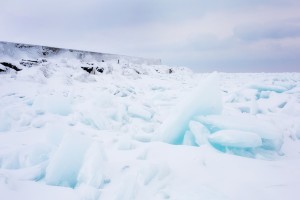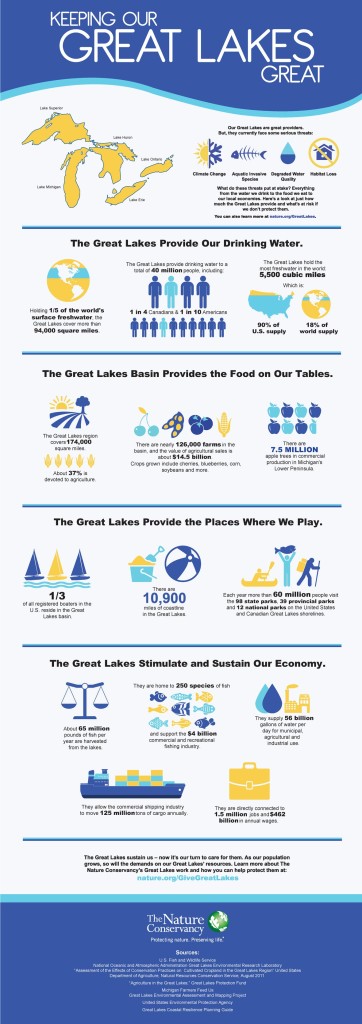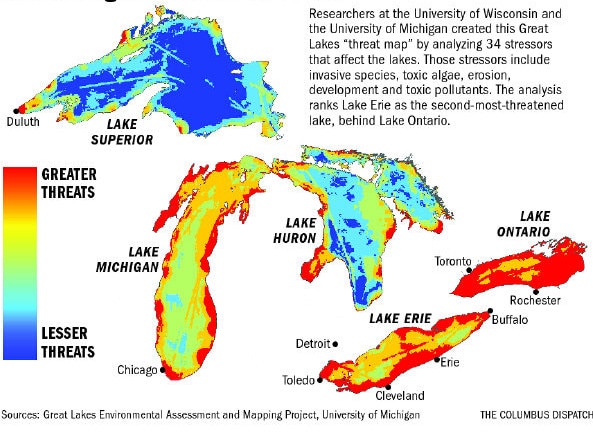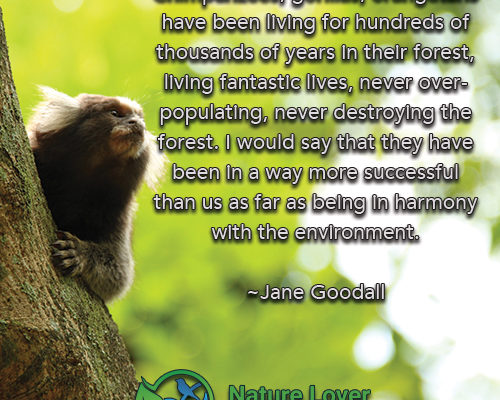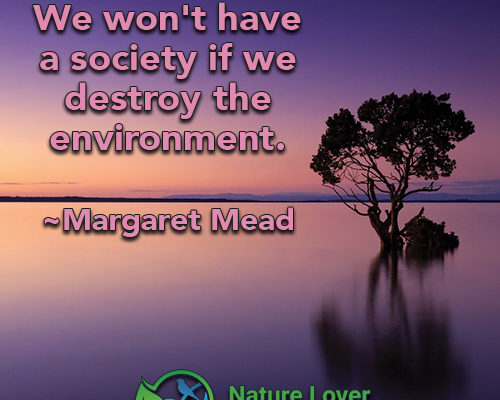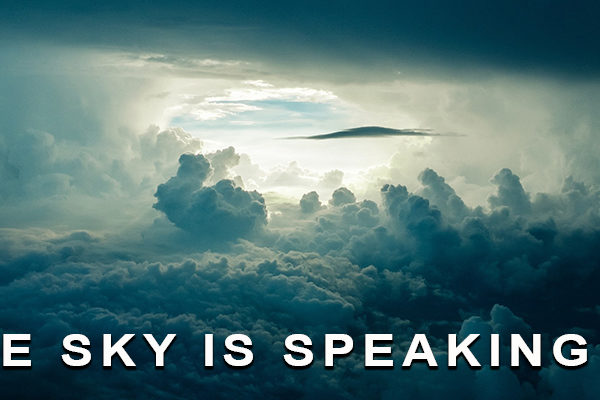March 14th is International Day of Action Against Dams and in support of Rivers, Water, and Life. This call-to-action day was was launched in 1998. The purpose of the day is to create an international movement to protect and restore rivers, and to defend the rights of the communities that live in and depend on healthy watersheds. All over the world, people are celebrating positive changes to river systems such as existing dam removals, river restorations, and improvements in policies and practices that create an equitable and sustainable management of waterways.
“Our common struggles convince us that it is both necessary and possible to bring an end to the era of destructive dams. It is also both necessary and possible to implement ways of providing energy and managing our fresh waters which are equitable, sustainable and effective.”
Excerpt from the Curitiba Declaration, March 14th, 1997
We live in Southwestern Ontario, right near the mouth of Lake Huron and therefore within the Saint Lawrence Watershed, which includes the Great Lakes. Our town is basically on the border of the Lake Huron and Lake Erie Drainage Basin.
Facts About the Great Lakes – St. Lawrence River Basin:
Contains 95% of North America’s fresh water supply.
Holds 20% of the world’s fresh water supply.
More than 80% of Ontarians get their drinking water from the lakes.
Only 1% of the waters of the Great Lakes are renewed by snow melt and rain.
There are more than 4,000 species of fish, plants and wildlife in the basin including river otters and beluga whales.
The Great Lakes support 45% of Canada’s industrial capacity.
The Lakes support 25% of Canada’s agricultural capacity.
The basin covers more than 750,000 square kilometres.
[one_third_last]
[/one_third_last]
The Great Lakes are important to us and every Ontarian because they provide drinkable, swimmable, and fishable waters that contribute to our lives. The Lakes provide us with drinking water, food, and electricity while moderating our climate. A healthy watershed is also very important to our economy since it is required for agriculture, commercial fisheries, the production of electricity and for recreation and tourism.
What Makes The Great Lakes Special:
[two_third_last]
Measuring Threats to the Great Lakes Basin:
[one_third_last]
[/one_third_last]
Good News For Restoration of Great Lakes:
Canada – Ontario Agreement on Great Lakes Water Quality and Ecosystem Health was signed in December, 2014. The agreement’s primary goals are as follows: to protect the waters from high levels of nutrients (phosphorus), toxic pollutants and invasive species; to improve and protect wildlife, wildlife habitats and shorelines; to promote sustainable innovation.
Man-made reefs were created in the St. Clair River to create a 40,000 square foot spawning habitat which is already attracting lake sturgeon to the St. Clair River Delta. These threatened species are the largest freshwater species in Canada and can live up to 100 years.
Three of Canadians Areas of Concern have been recently delisted: Wheatley Harbour, Severn Sound and Collingwood Harbour. Two other areas are now in recovery: Jackfish Bay and Spanish Harbour. Clean-up of Randle Reef in the Hamilton Harbour is currently underway
Sources:
“20 Things You Can Do for Rivers and Rights.” International Rivers. International Rivers, n.d. Web. 03 Mar. 2015. <http://www.internationalrivers.org/resources/20-things-you-can-do-for-rivers-and-rights-3652>.
Environment Canada. About the Great Lakes. See: www.on.ec.gc.ca/greatlakes/default.asp?lang=En&n=7B8BFD89-1 dated July 5, 2013.
“Great Lakes Areas of Concern.” Teach.GLIN.net. N.p., n.d. Web. 4 Mar. 2015. <http://www.great-lakes.net/teach/pollution/aoc/aoc1.html>.
“Great Lakes Quickfacts.” Environment Canada. Government of Canada, 05 July 2013. Web. .
Ontario’s Great Lakes Strategy. Rep. Toronto: Queen’s Printer for Ontario, 2012. The Government of Ontario. Web. 02 Mar. 2015.
“Phosphorus Levels in the Great Lakes.” Government of Canada, Environment Canada. N.p., 10 Feb. 2014. Web. 04 Mar. 2015. <https://www.ec.gc.ca/indicateurs-indicators/default.asp?lang=en&n=A5EDAE56-1>.
Protecting the Great Lakes – St. Lawrence River Basin and Drinking Water Sources. Rep. Environmental Defence / Canadian Environmental Law Association, Dec. 2009. Web. <http://www.pollutionwatch.org/pub/PW_SWP_Report.pdf>.
St. Lawrence River Report Card. Rep. World Wildlife Federation Canada, n.d. Web. 3 Mar. 2015. <http://assets.wwf.ca/downloads/stlawrence_reportcard.pdf>.
“Threats.” Healing Our Waters Coalition. Healthy Lakes.org, 12 May 2010. Web. 04 Mar. 2015.
Feature Photo Credit: By SeaWiFS Project, NASA/Goddard Space Flight Center, and ORBIMAGE; cropped and labeled by Beyond My Ken (talk) 05:49, 11 September 2012 (UTC) (http://visibleearth.nasa.gov/view_rec.php?id=793) [Public domain], via Wikimedia Commons


